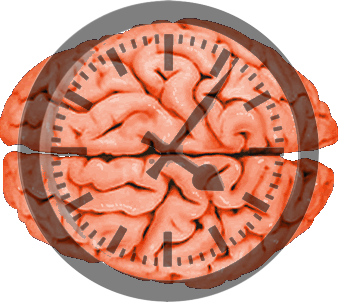It’s the one course we trainers never want to be late for: Time Management. It skewers your credibility from the outset if you are! But, over the years, I’ve sometimes had my doubts about the whole notion of ‘time management’.
Let me explain why. Ask delegates to list the behaviours that beset the poor time manager and they’ll usually come up with an inventory of ‘what-not-to-do’ that would grace any time management textbook. Again, ask the same group to list the positive time management behaviours and they know all the answers.
So why do people have a time management problem? After all, people often know what they should – and shouldn’t – be doing. I think the writer Mark Forster, in his excellent book ‘Do It Tomorrow and Other Secrets of Time Management’ , has nailed the issue.
Forster (although acknowledging it himself as a ‘gross simplification’) points to two brains: the ‘Reptile Brain’ and the ‘Government Agency Brain’.
The Reptile Brain is reactive and looks for activities which either threaten or please it. It is drawn to tasks that are easy to complete, even though they may not yet be urgent or important.
The ‘Government Agency Brain’ is the rational, sensible part of our thinking. It tells us that we really need to get cracking with that important – and rather unattractive because it’s so complicated – project. Like Government advice on a bottle of wine or packet of cigarettes, we often ignore it.
The secret is to trick the Reptile Brain so that you don’t keep putting off challenging tasks. Got a large report to write but the Reptile Brain keeps persuading you to do other, minor tasks instead? Then, Forster suggests, just tell yourself, “I’m not going to do the report today, just open up the document, put in the headings for each section and write the opening paragraph.”
Of course you know what happens. Once you’ve completed that first paragraph you’ll be in to the second, and then the third, and so on until you’ve cracked the opening pages and are now well into the report.
So techniques are important in time management; but understanding that the way your brain operates is the real key to unlocking the problem of managing your workload.
And that’s advice I’ve really got time for.







